
Divorce doesn’t just break a marriage; it breaks people in ways most never see coming. For men, the hit is often silent, brutal, and buried under a mask of “I’m fine.” Women don’t get away untouched either, but the battles they fight look very different. Face it: nobody walks away from divorce without scars, but the shapes of those scars tell a bigger story. Here are 17 painful truths about what divorce really does to men versus women.
Men Face Emotional Shock
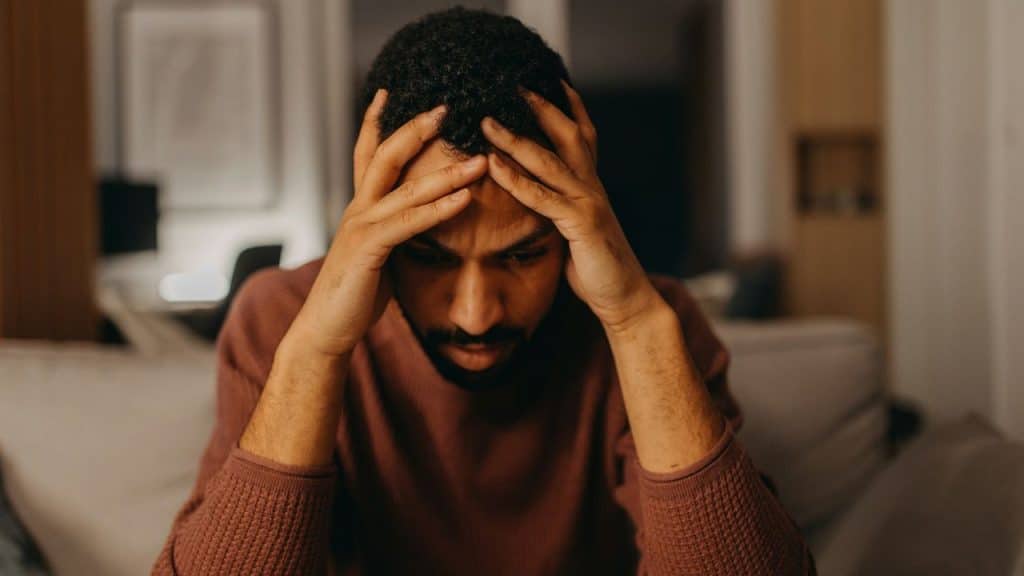
Women initiate most divorces, which gives them time to prepare mentally and emotionally. Men, on the other hand, are often blindsided and left reeling. That shock can feel like being dropped into a storm without warning. You’re trying to stand, but everything is shifting under your feet. It isn’t just sadness; it’s confusion, anger, and disbelief all at once. You may look fine to others, but inside, the ground feels unstable.
Short-Term Crash for Men, Long-Term for Women

Men usually take the biggest emotional hit in the first months after divorce. They struggle with sleepless nights, loss of appetite, and that hollow feeling of coming home to an empty house. Women, while emotionally prepared, often face the long-term financial crash. Studies show women’s income takes a chronic decline that stretches over years. It’s not a matter of who has it worse, but it’s about how each side gets crushed differently.
Men Lose More Income Immediately
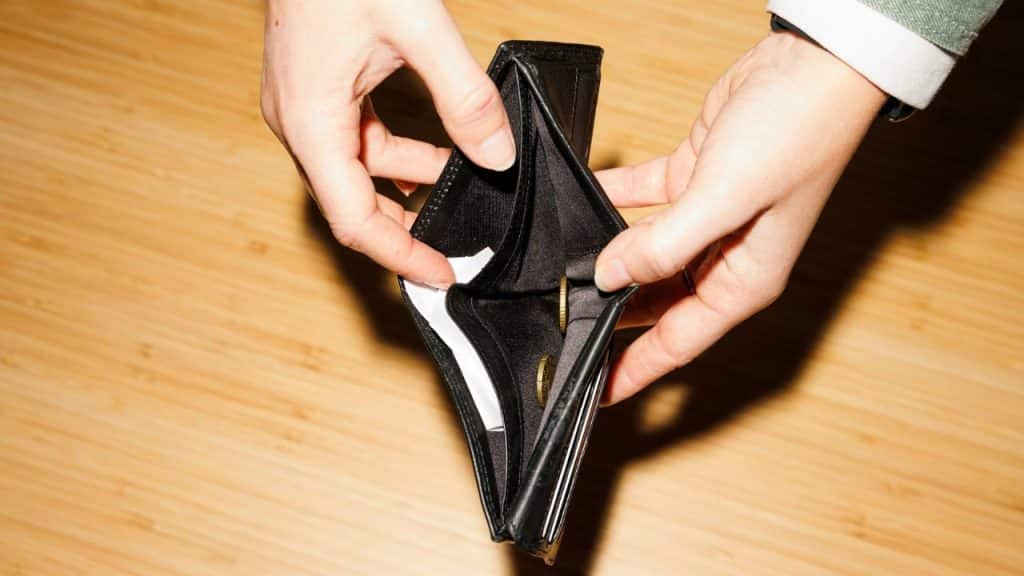
The numbers don’t lie: men’s income drops after divorce. That means cutting back on things you once took for granted, including dinners out, hobbies, and even vacations with your kids. Women also feel the immediate strain, but the bigger challenge for them comes with the ongoing costs of single parenthood. For men, the impact is sudden and shocking; for women, the financial burden drags on longer and is more severe.
Women Face Steep Poverty Risks

Census data shows divorced women often experience a sharp decline in income. That translates to working multiple jobs, skipping healthcare, or cutting corners just to keep the lights on. Men usually don’t hit poverty rates as high, but women often end up sacrificing their own needs for their kids. Financial stress doesn’t just hit the wallet; it wears down the body and mind.
Men’s Health Risks Skyrocket
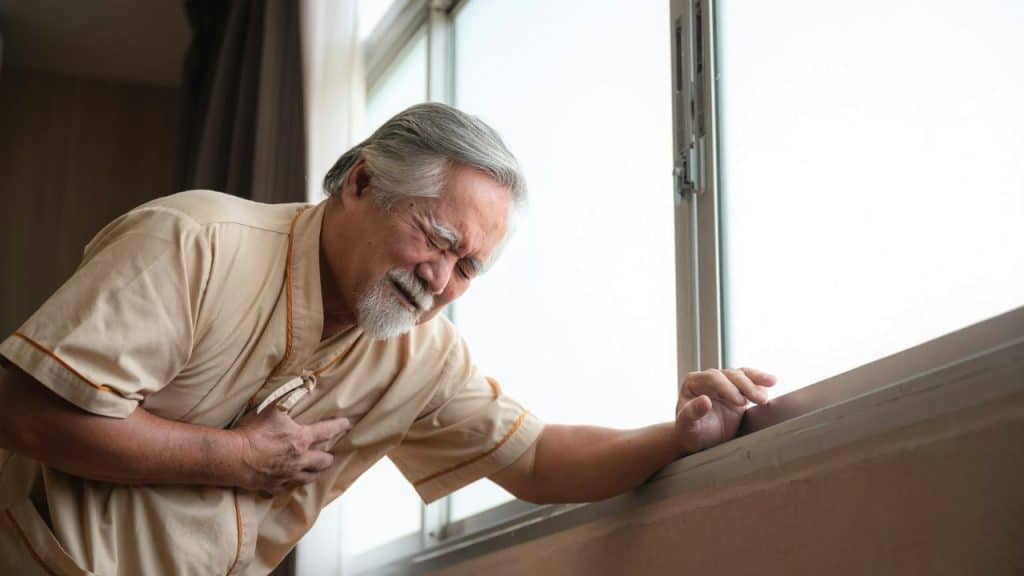
Divorced men face dramatically higher risks to their health compared to married men. Heart attacks, weaker immune systems, and depression pile up quickly. Add in poor eating habits, skipped doctor visits, and more drinking, and the risks multiply. When you lose your partner, you often lose the one who reminded you to take care of yourself. That neglect is a silent killer.
Uneven Support Networks

Women lean on friends, family, and even coworkers during the crisis. Men? They often shut down and isolate, which only deepens the wound. Without someone to talk to, men spiral into loneliness that makes recovery harder. Pretending you’re fine doesn’t make the pain go away; it just buries it deeper. And buried pain always finds a way to surface later.
Men Struggle With Identity Loss

Divorce strips men of more than just a spouse; it can strip their identity. If your self-worth was tied to being a provider or protector, suddenly that role feels ripped away. Many men ask themselves, “Who am I now?” That question alone can spiral into depression. Rebuilding your sense of self becomes the toughest project you’ll ever take on.
Less Empathy but Faster Remarriage

Society tends to rally around women in divorce, while men are told to “man up.” That lack of empathy pushes men to hide their pain. Strangely, men also remarry faster, not because they’ve healed, but because they can’t stand being alone. The problem? A new marriage doesn’t erase old wounds—it just adds another layer on top of them.
Women Find Emotional Freedom

Despite financial struggles, many women report feeling emotionally free after divorce. They find clarity, rediscover passions, and sometimes feel like they can finally breathe again. For men, emotional freedom takes longer to arrive. The early years feel like loss piled on top of loss, while women may quickly step into a new sense of independence.
Health Benefits of Marriage Disappear

Marriage offers numerous health benefits, including better habits, shared routines, and reduced stress. When it ends, those benefits vanish, and men usually pay the higher price. Divorced men see sharper declines in mental and physical health compared to women. Without a support system to keep routines on track, unhealthy coping takes over.
Single Fathers Carry Double Burden

Single fathers juggle long work hours with parenting responsibilities, and they often lack support networks. The result is exhaustion, strained relationships with kids, and constant financial pressure. Many feel they’re failing at both work and fatherhood. Unlike single mothers, society doesn’t step in with the same level of support, leaving dads quietly drowning.
Society Trivializes Men’s Pain

Cultural scripts paint divorced men as free and unbothered, but reality is different. The jokes about “bachelor freedom” hide the silence of real suffering. Men are often mocked if they show vulnerability, so they swallow their grief. This trivialization makes it harder to seek help and keeps many men stuck in silent pain.
The Filer Moves On Faster
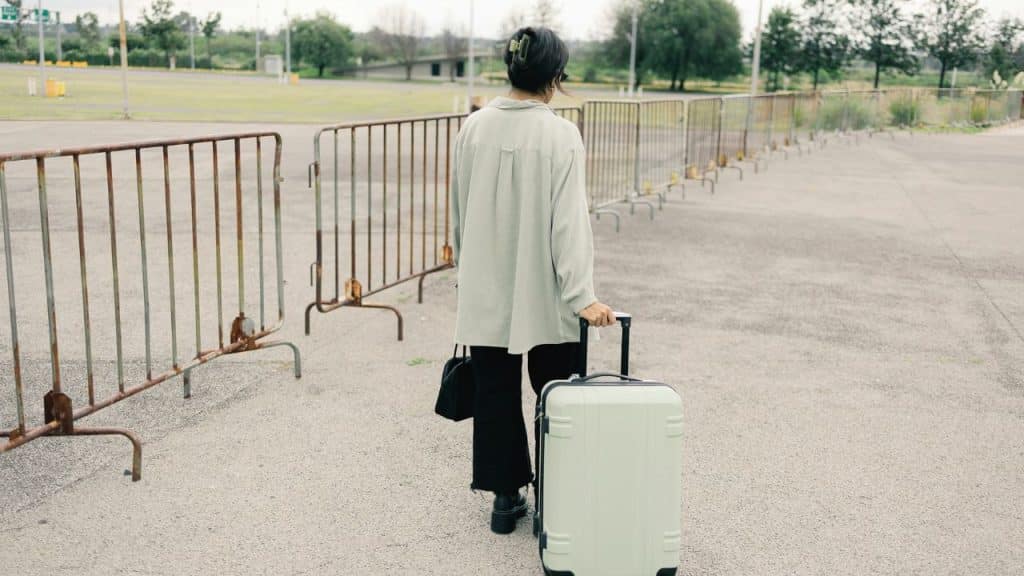
The person who files for divorce usually has a head start in moving on. If your spouse initiated, chances are she’s already processed months or years of emotions before you even knew what was coming. That leaves men struggling to catch up emotionally, feeling like they’re running a race that started without them. It’s not weakness—it’s timing.
Men Take Action Post-Divorce
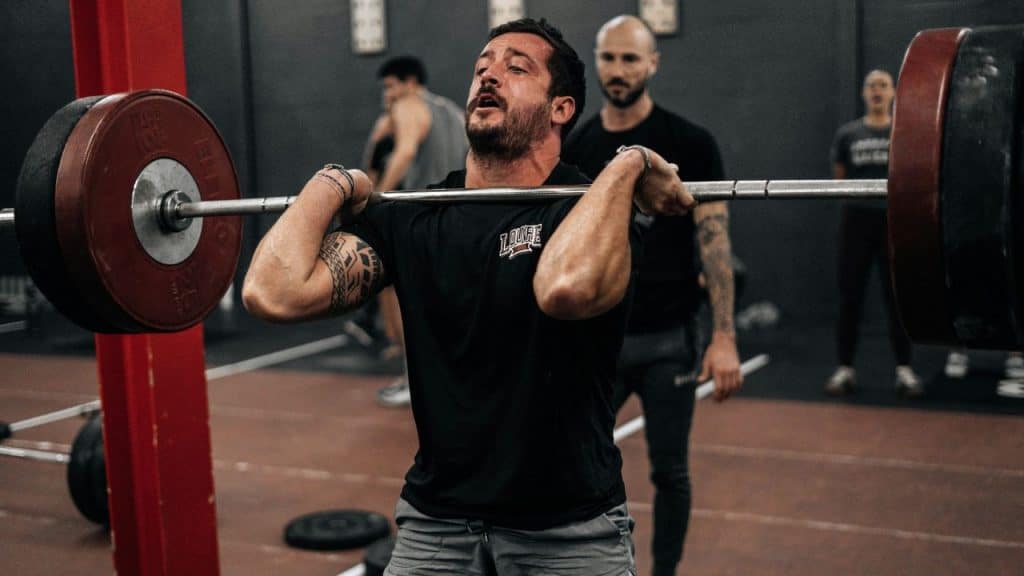
One surprising upside: divorce pushes many men to take action. They hit the gym, chase long-delayed goals, or throw themselves into career changes. Pain becomes fuel. It doesn’t erase the loss, but it can light a fire under men to reclaim control of their lives in ways they never did before.
Women Show Resilience With Support

Women often recover emotionally more quickly, but having a supportive system makes all the difference. A woman with friends, family, or community ties tends to bounce back quicker. Without those nets, recovery is brutal. Men rarely build those same safety nets, which explains why their recovery feels slower and lonelier.
Different Mental Health Struggles
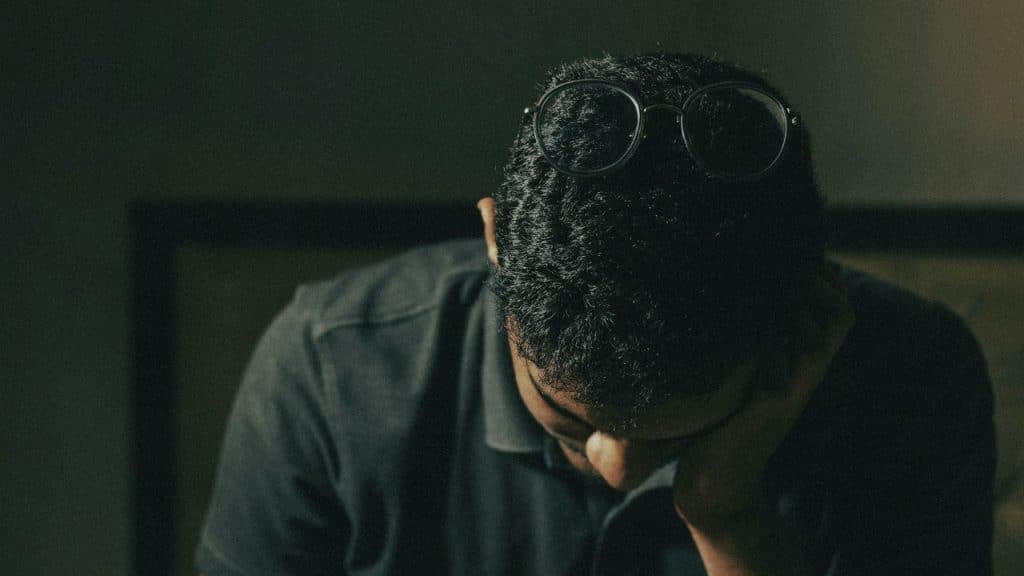
Both men and women pay the mental health price, just in different ways. Women over 50 show spikes in antidepressant use, while men turn more toward alcohol, risky behavior, or untreated depression. The pain is universal; it just wears a different mask depending on gender. Ignoring it only makes the consequences worse.
One-Size-Fits-All Advice Fails

No two divorces are the same. Society loves tidy clichés, but real life is messier. Divorce affects people differently depending on their finances, support systems, and emotional resilience. Forget the “rules” and focus on your own healing. Your recovery doesn’t have to look like anyone else’s story.






Ask Me Anything